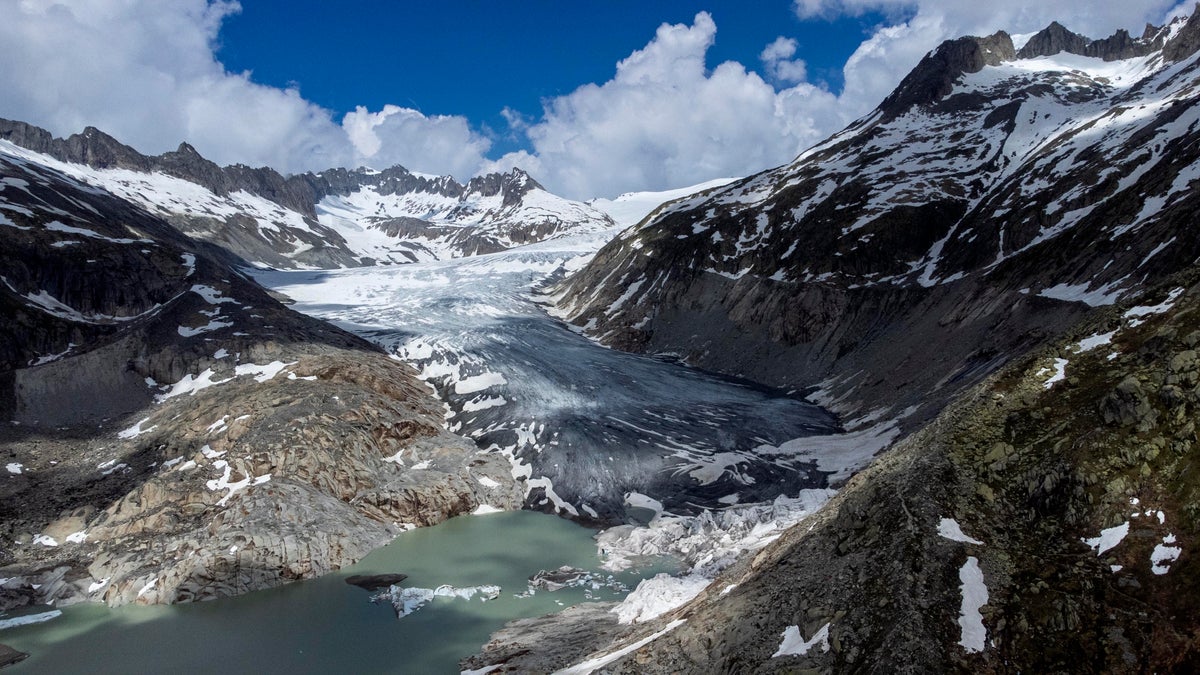
Support truly
independent journalism
A couple’s photograph taken at the same spot 15 years apart shows the shockingly rapid decline of Switzerland’s Rhone glacier.
Duncan Porter, an X user, shared a photograph he clicked at the Rhone glacier in 2024 along with the one clicked in 2009.
“Fifteen years minus one day between these photos. Taken at the Rhone glacier in Switzerland today,” Mr Porter wrote.
“Not gonna lie, it made me cry.”
The photograph taken in 2009 showed Mr Porter and a woman standing ahead of an almost fully white background of Rhone glaciers. While the image taken at the same spot in 2024 shows that the glaciers have significantly retreated, appearing much smaller, with a lot less snow.
The image, reposted by almost 10,000 people and seen by over four million, shows the rapid decline of glaciers in a rapidly warming world.
Mr Porter’s post was met with a mix of reactions, including shock.
“Same for me when I go to Graubünden and see the state of the glaciers around the Bernina pass,” wrote another user, Martin Bateman.
Rising global temperatures fueling the climate crisis have shrunk glaciers worldwide. A report in 2023 found that Swiss glaciers lost 10 per cent of their volume in just two years due to unusually hot summers and winters with very low snow volume in 2022 and 2023.
The analysis by the Swiss Academy of Sciences also found four per cent of Switzerland’s total glacier volume vanished in 2023.
Earlier this year, Daniel Farinotti, one of Europe’s premier glacier scientists who studied Rhone, told the New York Times, that the glacier has retreated about half a kilometre since 2007 and that a big glacial pond is forming at its base.
“The darker the surface, the more sunlight it absorbs and the more melt that’s generated,” Mr Farinotti told NYT.
It is projected that Rhone, one of the country’s biggest glaciers, will shrink by at least 68 per cent by the end of the century.
Switzerland has approximately 1,800 glaciers in the Swiss Alps, including the Aletsch Glacier, which is the largest glacier in the Alps.
Submit your nominations for The Independent’s Climate 100 list here – and, to stay up to date, register for our newsletter.







